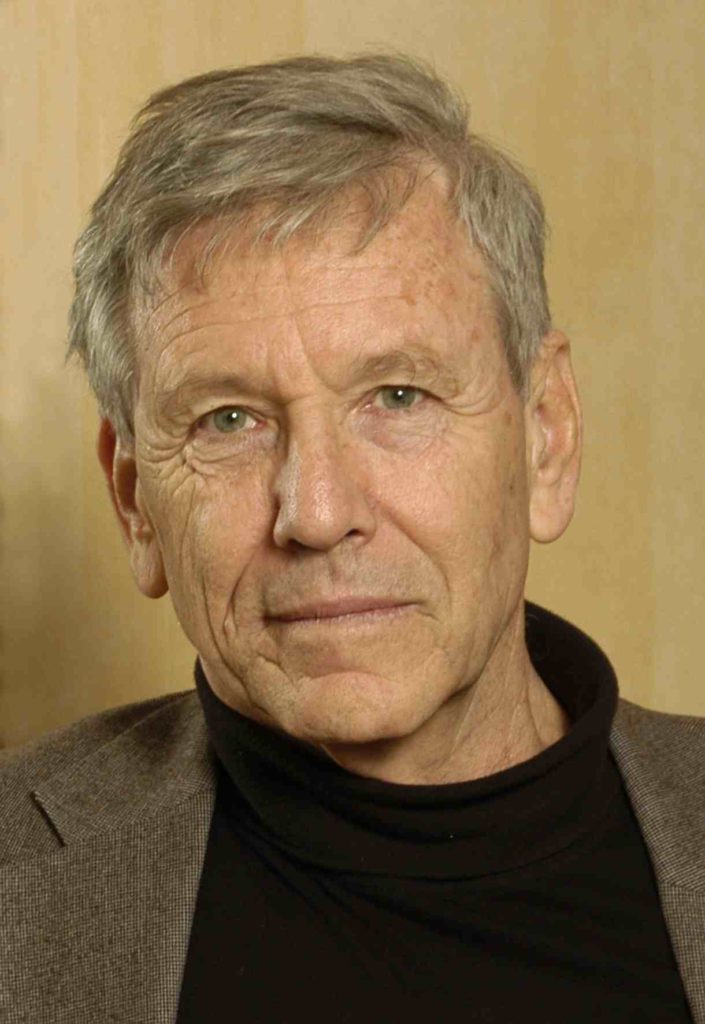Israeli writer Amos Oz discusses Israeli Literature, Hebrew as a spoken and written language, the influence of the Holocaust on literature, and the Israeli/Palestinian conflict.
I love Israel, even at times that I don’t like it. In fact, I love Israel even at times that I cannot stand it. And Israel, as I’m sure you know, ladies and gentlemen, Israel is neither a country, nor a nation. Actually, it is a fiery collection of arguments. A noisy assembly of 5.6 million citizens, 5.6 million Prime Ministers, 5.6 million prophets and Messiahs, each with his or her own personal formula for instant redemption.”
Amos Oz, born Amos Klausner, was a novelist, short story writer, and essayist whose work examined Israeli culture. Educated at the Hebrew University of Jerusalem and the University of Oxford, Oz served in the Israeli army during three separate stints and joined the Israeli peace movement following the Six-Day War in 1967. It was at this time that he began advocating for a two-state solution to the Israeli-Palestinian conflict. Oz’s fiction combines realism with irony, resulting in a critical, unapologetic tone. He credited Sherwood Anderson’s Winesburg, Ohio with his choice to write about his own experiences and point of view. “The written world,” he wrote in his memoir, “always revolves around the hand that is writing, wherever it happens to be writing: where you are is the center of the universe.” Oz published 40 works of fiction and nonfiction, had his work translated into 45 languages, and won literary prizes from around the world. Oz passed away in December, 2018.
“I know the word compromise has a terrible reputation in English, especially on the West Coast. This is the place of idealists, and they regard compromise as lack of principles, lack of backbone, lack of integrity, lack of devotion, lack of everything. Let me tell you, in my vocabulary, the word compromise is synonymous to the word life itself. And the opposite of compromise is not integrity, and the opposite of compromise is not idealism—the opposite of compromise is fanaticism and death. Where there is life, there is compromise. Compromise, not capitulation.”



